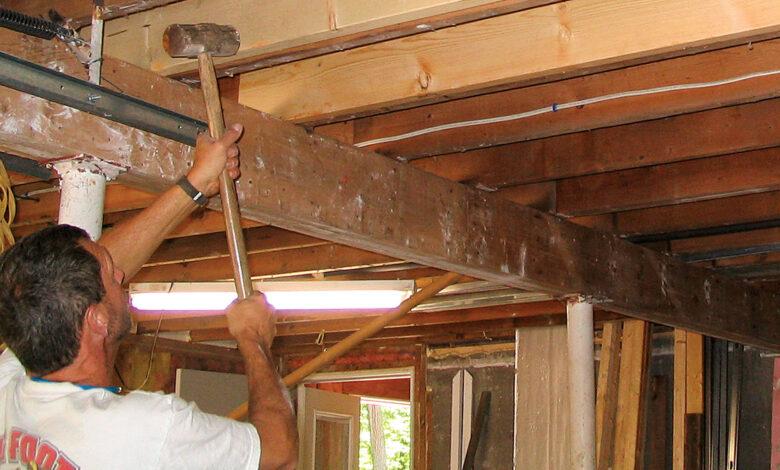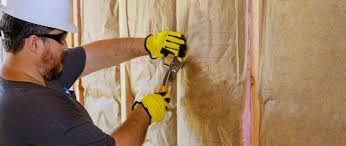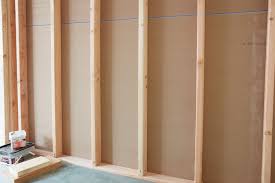Best Way to Reinforce Floor Joists: A Complete Guide for DIYers and Pros

✅ Best for:
-
Cracked or split joists
-
Sagging mid-span areas
-
Adding load capacity
🔧 How to Do It:
-
Use kiln-dried lumber of equal or greater dimension
-
Apply construction adhesive to the old joist
-
Screw or bolt the new joist in place every 12–16 inches
-
Extend the sistered joist across at least 2/3 the length of the original, or full span if possible
Pro Tip: For even more strength, use engineered LVL beams as sisters—they’re straighter, stronger, and more durable.
2. Blocking or Bridging
Blocking involves placing small wood blocks or metal strapping perpendicularly between joists to stiffen and stabilize them.
✅ Best for:
-
Reducing floor bounce
-
Distributing loads evenly
-
Short spans under moderate loads
🔧 How to Do It:
-
Use 2×6 or 2×8 blocks cut to fit snugly between joists
-
Install in a staggered or straight-line pattern
-
Nail or screw them in place every 4–6 feet along the span
Bridging can be done with cross-braces (wood or metal X-patterns) for added lateral stability.
3. Adding Support Beams or Posts
In some cases, adding a mid-span beam and support posts beneath the joists is the most practical solution—especially in basements or crawlspaces.
✅ Best for:
-
Long joist spans (over 12 feet)
-
Major sagging or overspanning
-
Older homes with undersized joists
🔧 How to Do It:
-
Install a steel I-beam or double LVL beam perpendicular to joists
-
Support the beam with lally columns or concrete piers
-
Use joist hangers or bearing supports for full contact
This solution divides the span in half, drastically increasing strength and stiffness.
4. Steel Plate Reinforcement
If replacing or sistering isn’t an option (e.g., due to plumbing or electrical obstructions), reinforcing with steel plates can be a space-saving solution.



